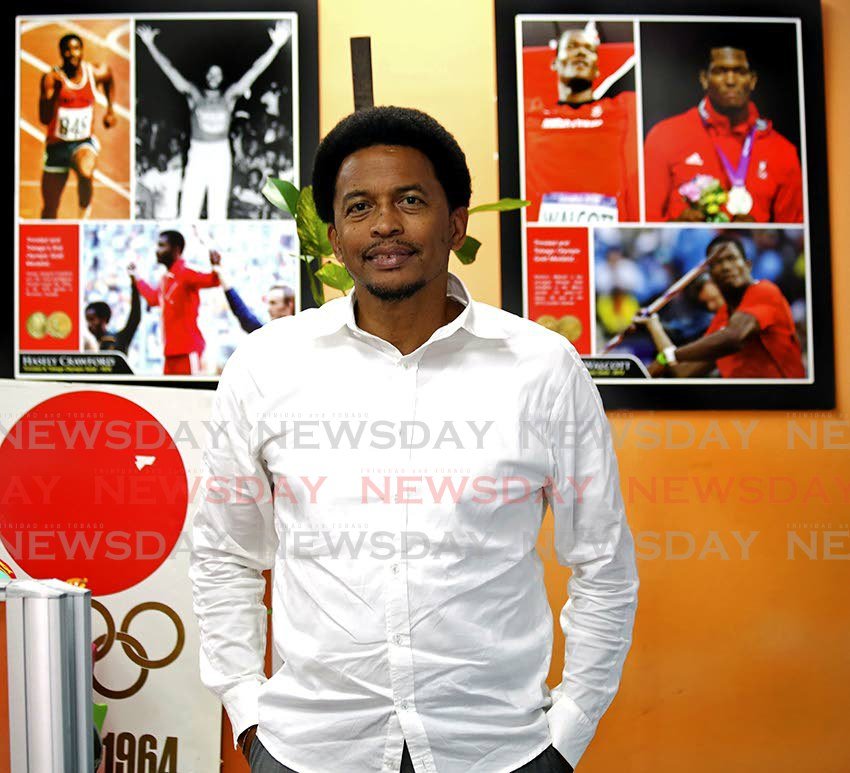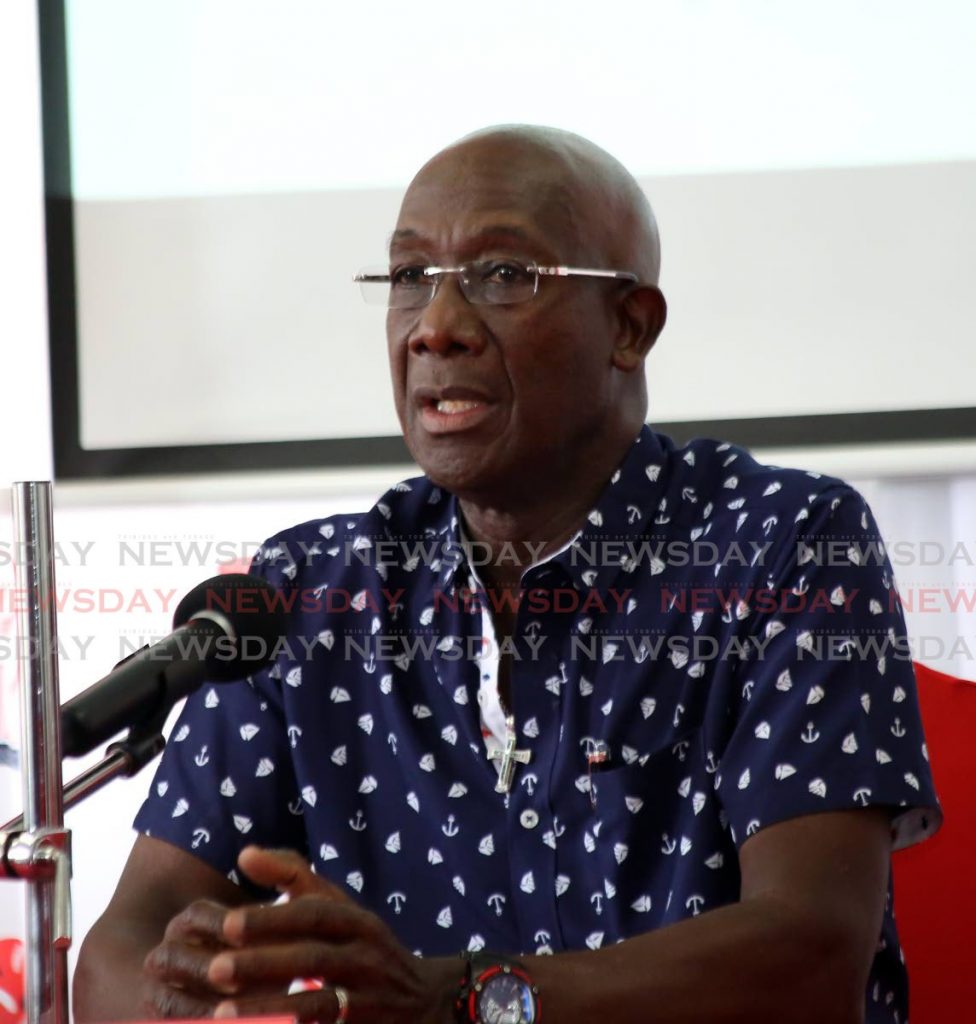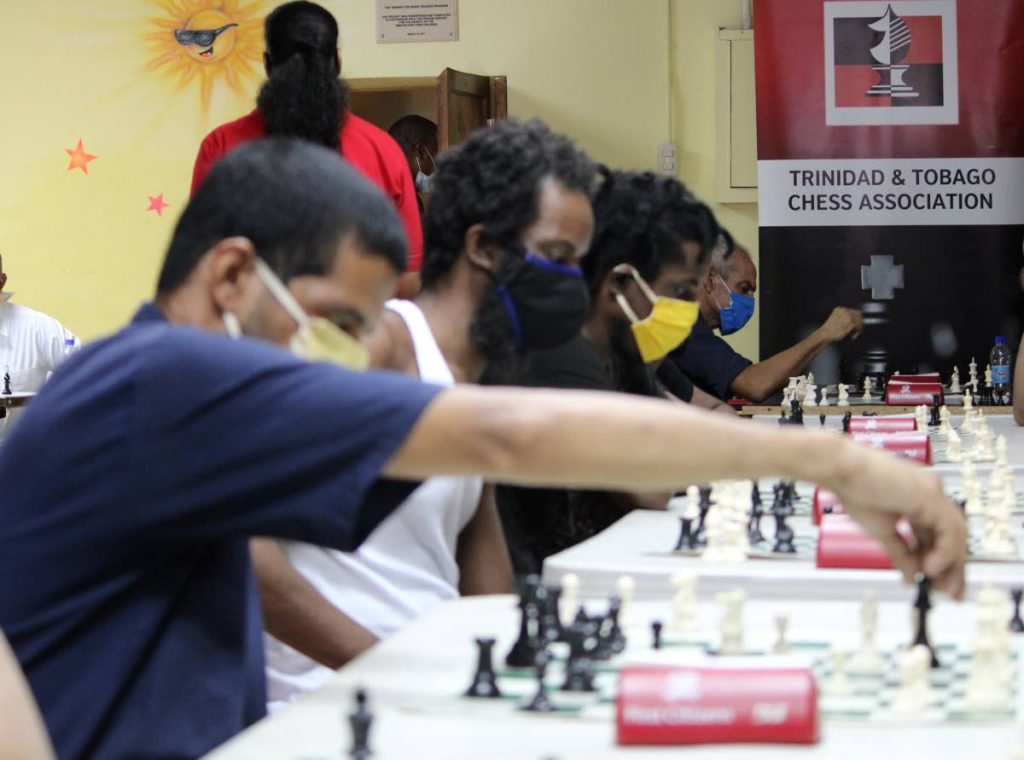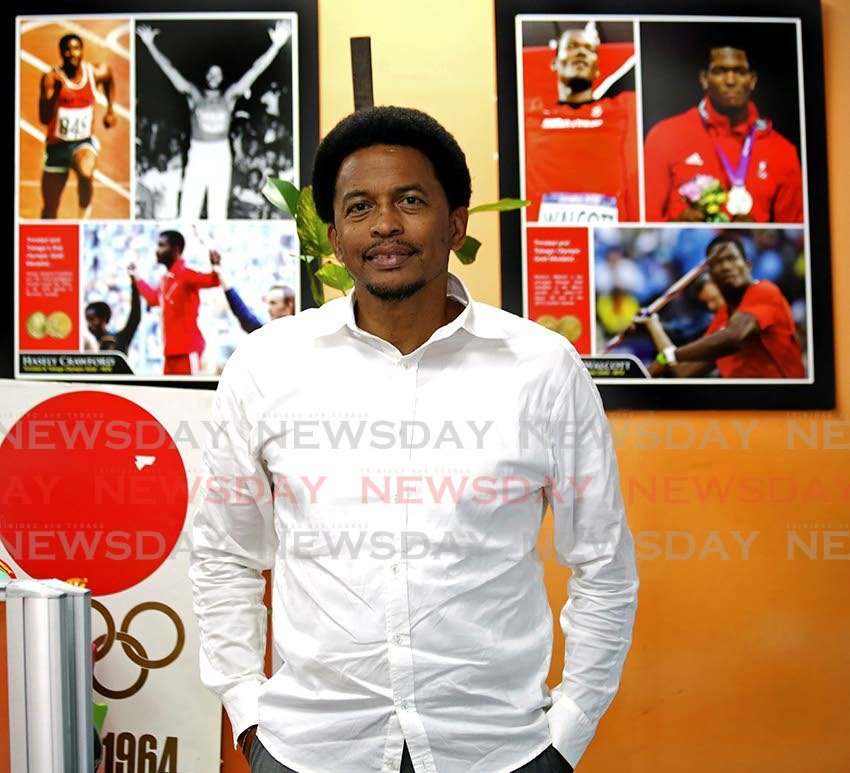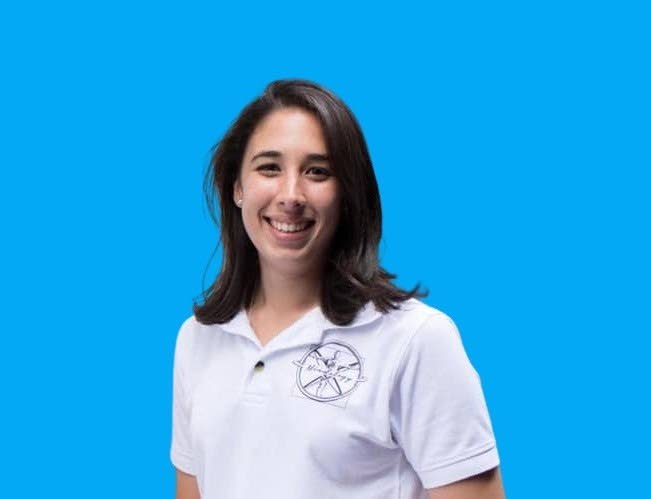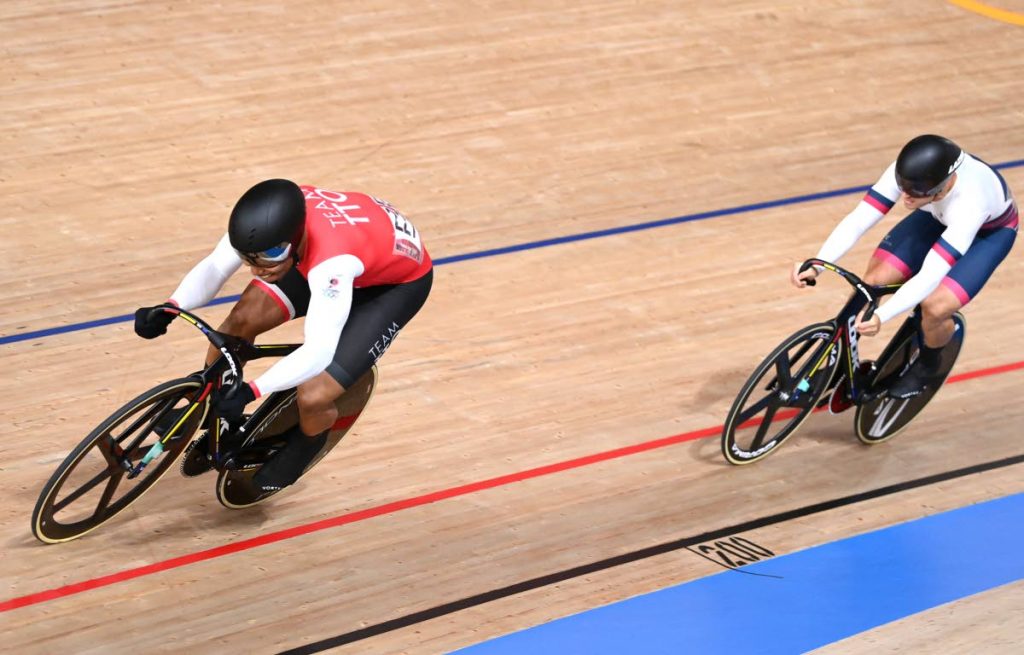How do authorities harness the enthusiasm and passion to make these community boxing bouts safer without taking the element of fun out of it?
Rowley: Government to consider allowing more sports
PRIME Minister has said that the Government is considering allowing more sporting activities to resume in the near future.
Prisoners gear up for historic debut at chess championships
TWENTY-TWO prisoners from five correctional facilities in Trinidad will be selected to compete in their first-ever virtual Inter-Continental Chess Championship, which gets under way on October 13.
TT Olympic Committee invites NSOs to covid19 Bio-Safety Measures for Sports webinar
THE Trinidad and Tobago Olympic Committee (TTOC) will host the first segment of a two-part webinar on Covid19 Bio-Safety Measures for Sports on Saturday from 10am to 11pm. The second half takes place on Wednesday from 5pm to 6pm.
Mind over matter: The science of goal setting
GOAL setting has become somewhat of a social media trend in the age of, “unlocking your dreams 101.” From saving up for that dream car to achieving that promotion at work we are bombarded with blogs, podcasts, and posts with tips, tricks, and advice on “how to achieve it all,” and set S.M.A.R.T goals.
Nicholas Paul pedals his way to 2nd gold at UCI Track Cycling Nations Cup
NICHOLAS Paul continued to write history on Saturday night, adding a second gold medal at the 2021 UCI Track Cycling Nations Cup, in Cali, Colombia, to his impressive trophy cabinet, with a victory in the men’s keirin final.

